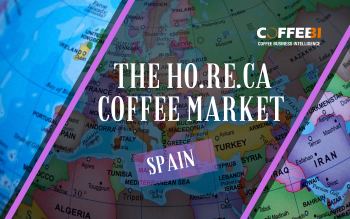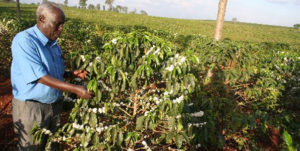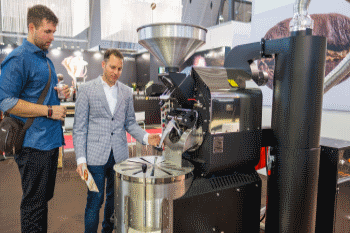The HoReCa coffee market in Spain 2019

The Spanish economy is the fifth-largest in the European Union, and the fourth-largest in the Eurozone, based on nominal GDP statistics. The hospitality industry is one of the main pillars of the Spanish economy. It is largely responsible for the development of tourism, which makes a significant contribution towards the country’s GDP at slightly above 7%.
The sector accounts for about 400,000 establishments, of which 70% (279,000) are bars and coffee shops. The bars that serve hot and cold drinks are the most numerous establishments, whilst the number of coffee shops is around 17,500.
In recent years, more than 50,000 bars have been closed and this subsector of the catering industry has suffered a cumulative decline of about 13%. The reduction in sales, price cuts and increased taxes as well as energy costs are some of the factors that have led to the closure of many of these establishments, which are mostly of a local family nature: 95% of businesses have fewer than 10 workers and 45% of them have no employees and the businesses rely solely on the owner.
Restaurants and food stalls are, after bars, the next largest sector, with 73,000 premises. They have increased by nearly 3,000 premises in the last few years. They represent 43% of the sector’s production with a turnover of 40 billion Euros.
Hotels make up the third group by importance (19,600 premises) and generate a turnover of about 17 billion Euros. This group has held steady in recent years with a slight increase in the number of establishments.
(Read also Coffee consumption and trends in the office 2019)
Positive macroeconomics and new investments are helping to bring the sector out of crisis.
If you want to know more about the HoReCa coffee market:



